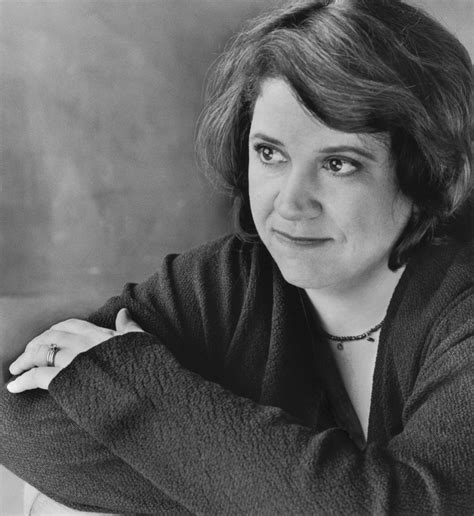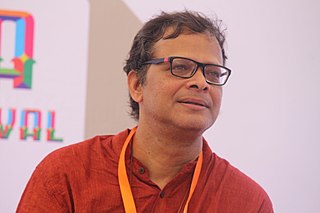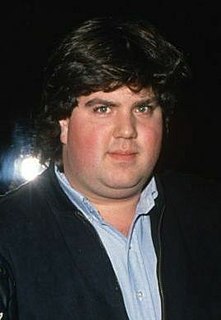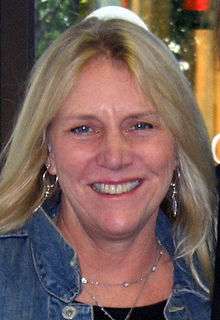A Quote by Colleen Hoover
When I sat down and wrote the first paragraph, I was like, 'Oh, I can go with this.' I didn't do an outline. I didn't do anything. I just wrote sentence by sentence, not knowing where the story was going.
Related Quotes
When I started graduate school we did this publishing class where we learned about submitting and read interviews with editors from different magazines. A lot of them said they got so many submissions that unless the first page stuck out or the first paragraph or even the first sentence they'll probably send it back. So part of my idea was that if I have a really good first sentence maybe they'll read on a bit further. At least half, maybe more of the stories in Knockemstiff started with the first sentence; I got it down then went from there.
I just wanted to speak to you about something from the Internal Revenue Code. It is the last sentence of section 509A of the code and it reads: 'For purposes of paragraph 3, an organization described in paragraph 2 shall be deemed to include an organization described in section 501C-4, 5, or 6, which would be described in paragraph 2 if it were an organization described in section 501C-3.' And that's just one sentence out of those fifty-seven feet of books.
The single greatest line I ever wrote as an analyst was after Lomas said they were hedged: 'The Lomas Financial Corporation is a perfectly hedged financial institution: it loses money in every conceivable interest rate environment.' I enjoyed writing that sentence more than any sentence I ever wrote.
I didn't go to bookshops to buy. That's a little bourgeois. I went because they were civilized places. It made me happy there were people who sat down and wrote and wrote and wrote and there were other people who devoted their lives to making those words into books. It was lovely. Like standing in the middle of civilization.
I try to get a feeling of what's going on in the story before I put it down on paper, but actually most of this breaking-in period is one long, fantastic daydream, in which I think about anything but the work at hand. I can't turn out slews of stuff each day. I wish I could. I seem to have some neurotic need to perfect each paragraph?each sentence, even?as I go along.
I revise constantly, as I go along and then again after I've finished a first draft. Few of my novels contain a single sentence that closely resembles the sentence I first set down. I just find that I have to keep zapping and zapping the English language until it starts to behave in some way that vaguely matches my intentions.
The first sentence of the truth is always the hardest. Each of us had a first sentence, and most of us found the strength to say it out loud to someone who deserved to hear it. What we hoped, and what we found, was that the second sentence of the truth is always easier than the first, and the third sentence is even easier than that. Suddenly you are speaking the truth in paragraphs, in pages. The fear, the nervousness, is still there, but it is joined by a new confidence. All along, you've used the first sentence as a lock. But now you find that it's the key.



































